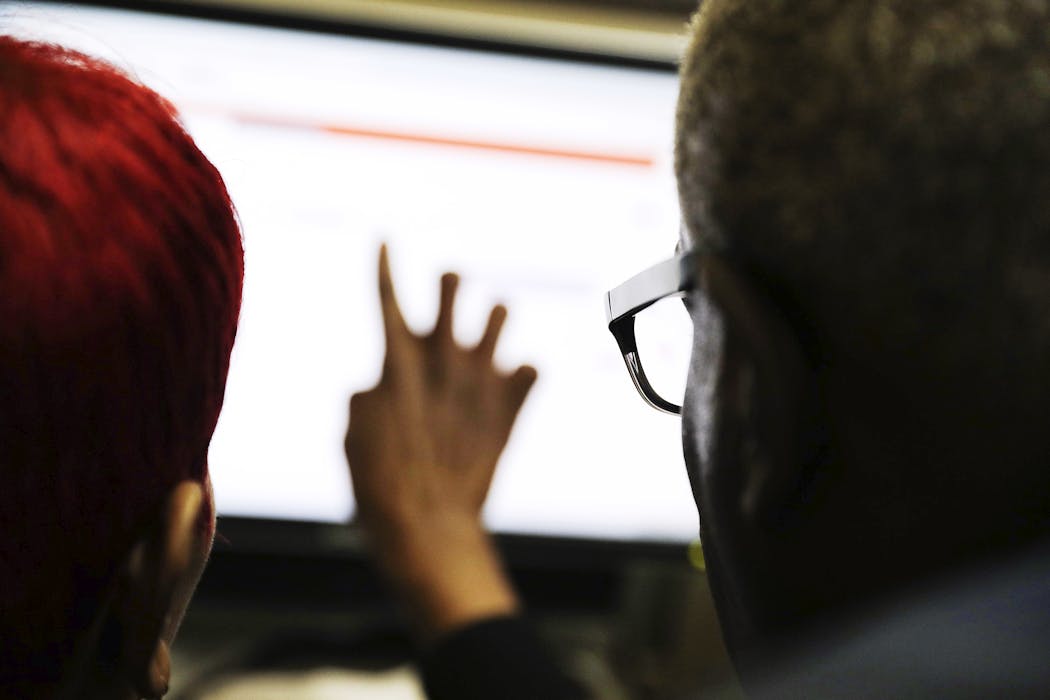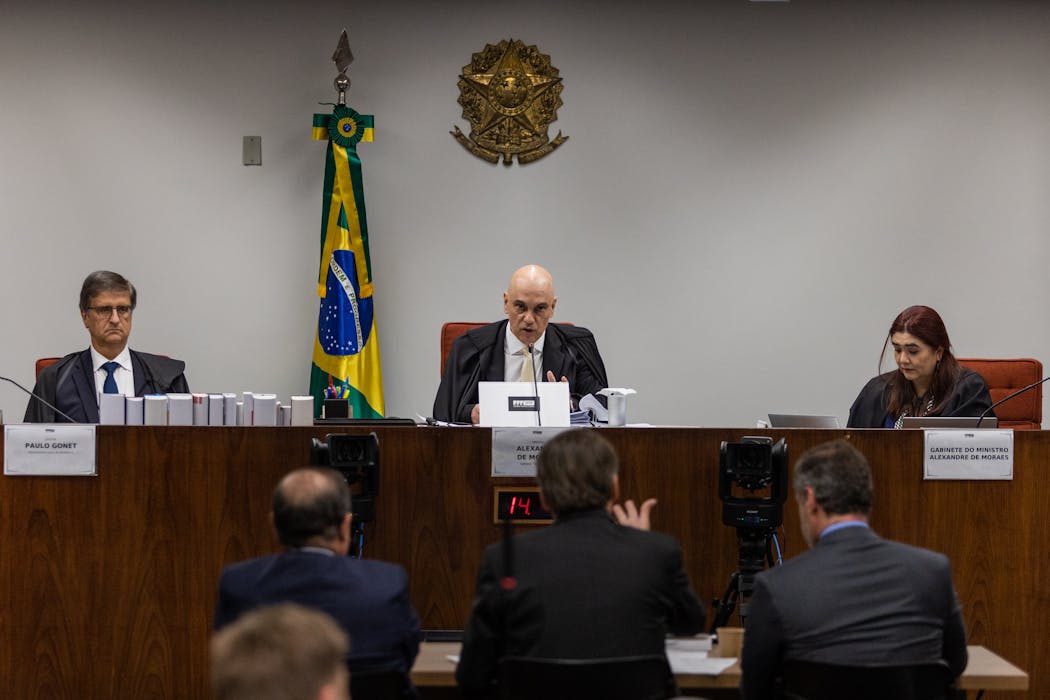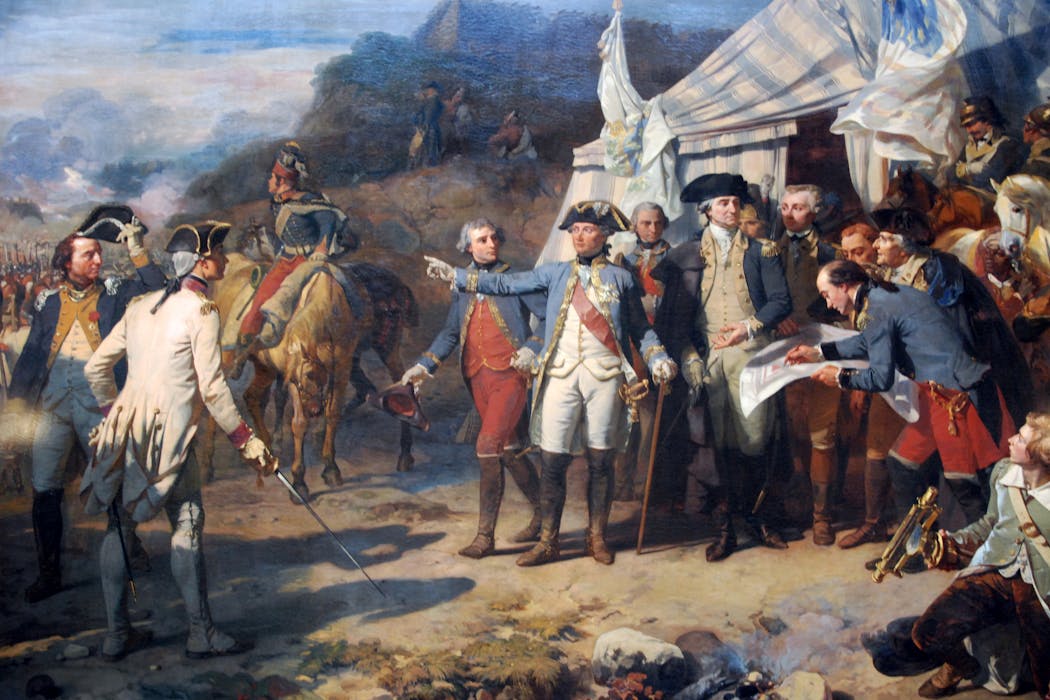Some hard-earned lessons from Detroit on how to protect the safety net for community partners in research
- Written by Carrie Leach, Research Assistant Professor, Wayne State University
 To get seniors online, the author provided them with computers and internet access.David Goldman/AP Photo
To get seniors online, the author provided them with computers and internet access.David Goldman/AP PhotoFor the past 10 years, I have worked on closing the communication gaps that keep older adults at arm’s length from research that could improve their lives.
I worked with Detroiters to bridge the digital divide by developing tools that...









